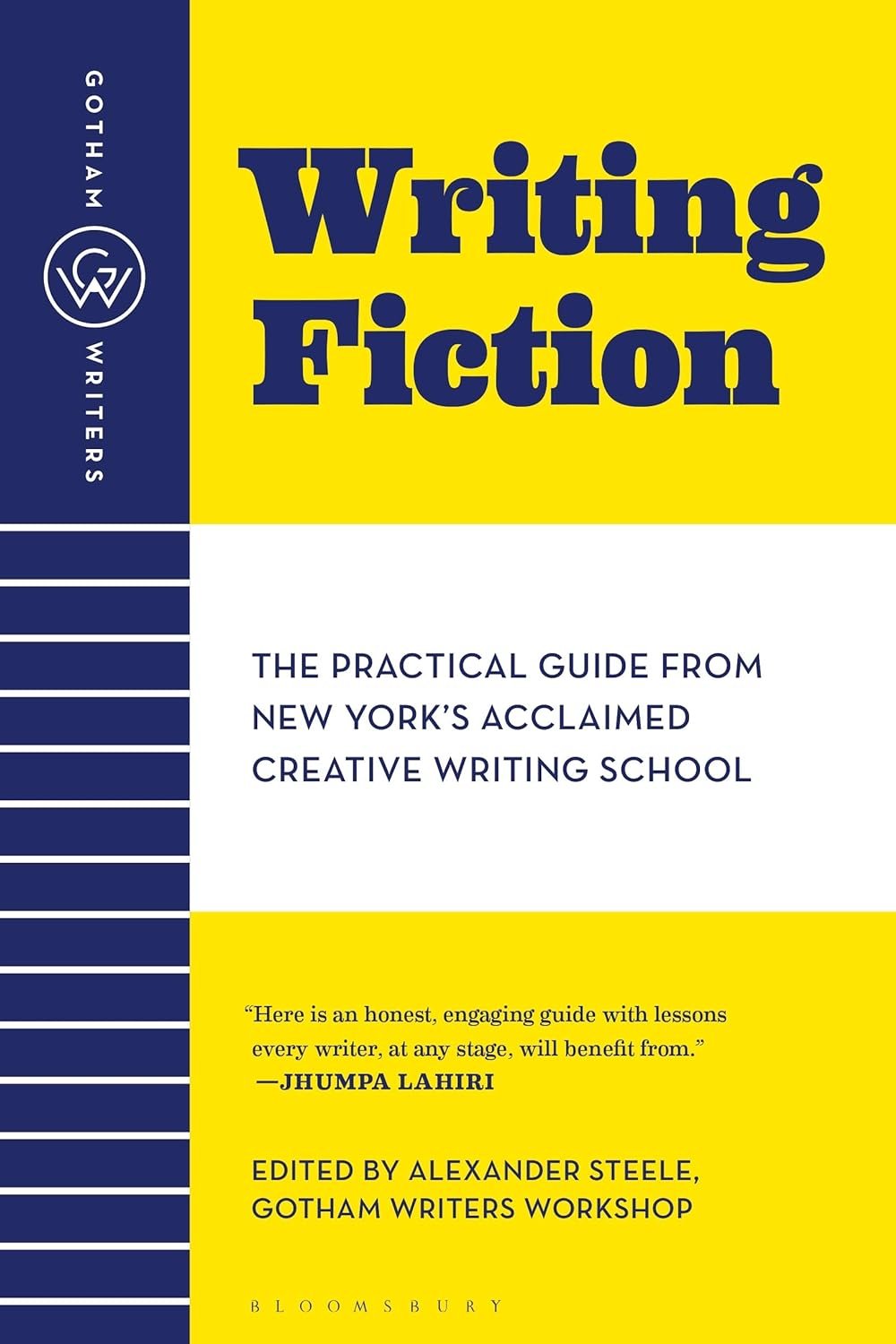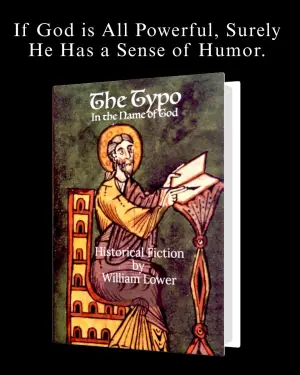
24 Jun Unleashing Creativity: A Deep Dive into Writing Fiction
Book Review: Writing Fiction: The Practical Guide from New York’s Acclaimed Creative Writing School
When I came across Writing Fiction: The Practical Guide from New York’s Acclaimed Creative Writing School, I felt as if the universe was nudging me toward a long-held dream. The name Gotham Writers’ Workshop rang a bell; I had heard wondrous tales of their transformative lessons. Curiosity piqued, I was eager to dive into this treasure trove of insights, edited by the brilliant Alexander Steele.
From the very first page, I was greeted not just by tips and tricks, but by a palpable excitement about the craft of writing. This book serves as a guiding compass for both budding writers and seasoned storytellers, breaking down complex elements like character, plot, and point of view with effortless clarity. The incorporation of excerpts from literary giants like Hemingway and Nabokov illuminated the teaching moments beautifully. For instance, the complete text of Raymond Carver’s Cathedral is not just presented but meticulously analyzed, providing a model of exquisite storytelling that turned my critical eye into a more discerning lens.
One theme that resonated deeply with me was the book’s emphasis on actionable learning. Each chapter culminates in targeted exercises that invite you to apply the lessons immediately. I found myself scribbling notes and crafting snippets, feeling like a student in a vibrant Gotham classroom rather than just a reader. The playful challenge of tapping into my creativity made for a joyfully engaging experience.
One particularly enlightening moment came from Chapter Nine, where the notion of "theme" transformed my understanding of storytelling. It clarified that theme isn’t merely a lofty moral message but rather the heart of the narrative—the "how" of what you wish to convey. That realization was a game-changer for me and echoed in Tiffany’s glowing review, where she stated, “It’s a very good guide for your creative writing process.” Her sentiments mirrored my own exploration of thought-provoking concepts.
The writing style is straightforward yet warm, making complex ideas digestible. Every author featured has a distinct voice, and while some chapters might feel a little uneven, they collectively foster a sense of camaraderie among writers. This book does not preach a one-size-fits-all doctrine; rather, it celebrates the diverse journey of storytelling.
For those wondering about who might benefit from this insightful guide, I cannot recommend it highly enough. Whether you’re an aspiring author or simply someone looking to understand the mechanics behind great fiction, Writing Fiction promises to enrich your writing journey. It’s an invaluable resource that offers both instruction and inspiration, leaving you feeling motivated to pick up your pen or keyboard and write your truth.
In a post-reading haze, I realized that I was no longer merely an admirer of stories but an active participant in creating them. This book is more than a guide—it’s an invitation to the world of fiction, and I can’t wait to see where it leads me next.









